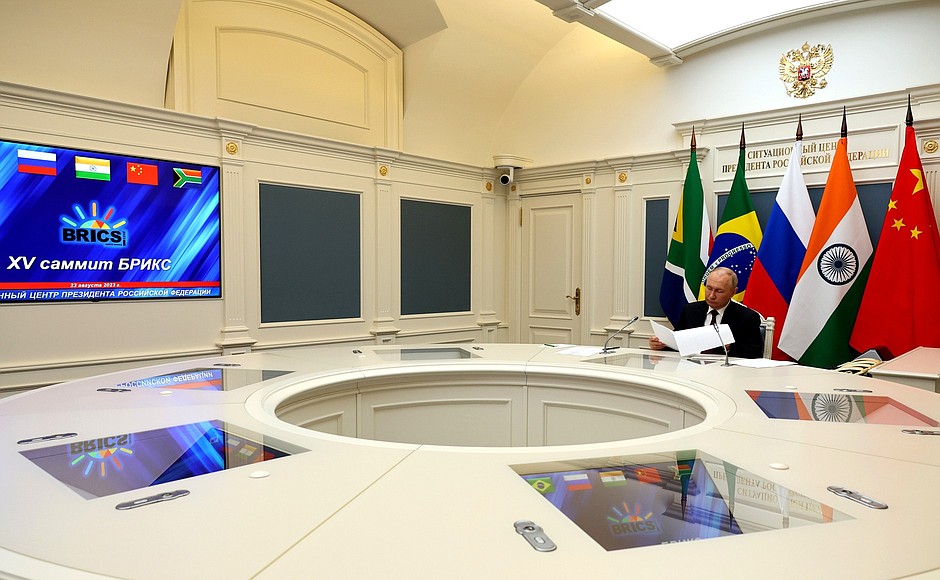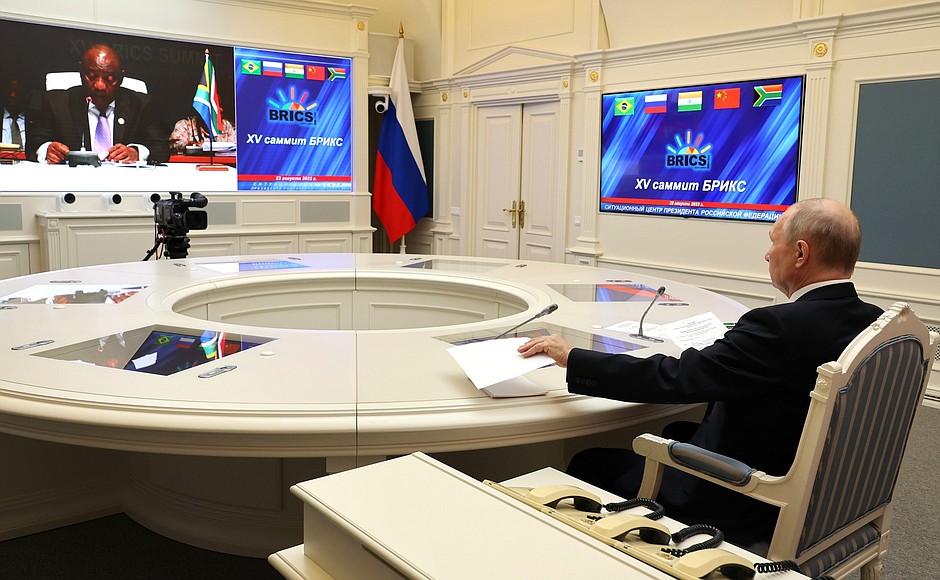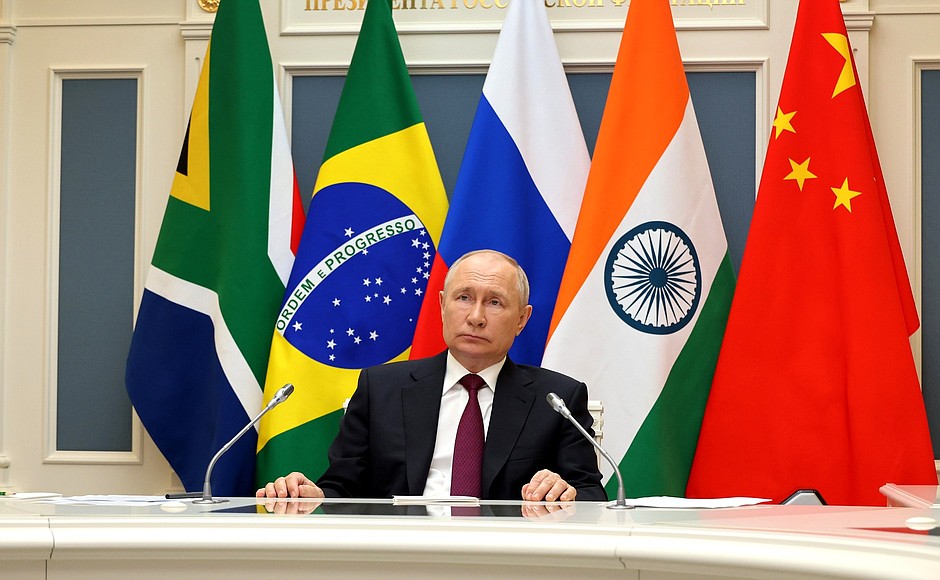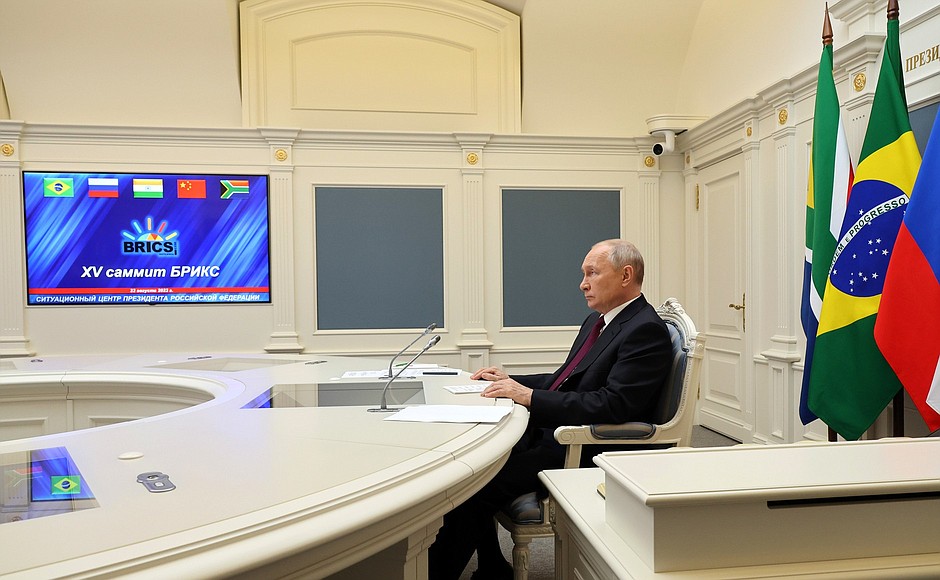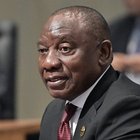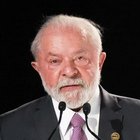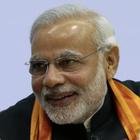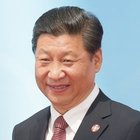President of South Africa Cyril Ramaphosa, President of Russia Vladimir Putin (via videconference), President of Brazil Luiz Inacio Lula da Silva, Prime Minister of India Narendra Modi, and President of the People’s Republic of China Xi Jinping held an expanded format meeting.
The 15th BRICS summit is taking place on August 22–24 in Johannesburg, South Africa.
* * *
Remarks by President of the Russian Federation at the BRICS Summit expanded format meeting
President of Russia Vladimir Putin: President Ramaphosa, President Lula, Prime Minister Modi, President Xi Jinping, friends, colleagues,
I would like to begin by thanking our South African friends for everything they have done as part of their BRICS chairmanship this year.
Those of my colleagues who took the floor before me praised BRICS for its efforts, and overall we share this assessment. This association of five nations has established itself on the international stage as a respected entity and has been consistently strengthening its standing in international affairs.
See also
BRICS has been following a forward-looking strategic course which meets the aspirations of a significant portion of the international community, the so-called global majority. By acting in a coordinated manner and based on the principles of equality, supporting each other as partners and taking each other’s interests into account, we tackle the most urgent issues on the global and regional agendas.
Importantly, we are all united in our commitment to shaping a multipolar world order with genuine justice, based on the international law and in keeping with the key principles set forth in the UN Charter, including sovereignty and respecting the right of every nation to follow its own development model. We oppose hegemonies of any kind and the exceptional status that some countries aspire to, as well as the new policy it entails, a policy of continued neo-colonialism.
Let me point out that it was the attempts by some countries to preserve their global hegemony that paved the way to the deep crisis in Ukraine. It started when an anti-constitutional government coup took place in this country with the help of the Western countries. This was followed by the unleashing of a war against people who refused to accept this coup. It was a cruel war, a war of extermination, which lasted for eight years.
Russia decided to side with people who are fighting for their culture, their traditions, language and future. Stopping the war unleashed by the West and its satellites in Ukraine against the people of Donbass is the only thing that defines our actions in Ukraine.
We are grateful to our BRICS colleagues who are active in trying to end this situation and achieve a just settlement by peaceful means.
Colleagues, what matters is that we all unanimously stand in favour of a multipolar world order that is truly fair and based on international law.
From year to year, the BRICS countries are increasing their potential. As was already mentioned, the five partner states, with a total population exceeding 3 billion, account for a greater share in global GDP than the so-called Group of Seven in terms of purchasing power parity. Over the past decade, BRICS countries have doubled their investment in the global economy, and their total exports have reached 20 percent of the global total.
The partner countries are successfully implementing their Strategy for BRICS Economic Partnership 2025. In particular, they are strengthening five-sided cooperation in such areas as diversification of supply chains, de-dollarisation and the transition to national currencies in mutual transactions, digital economy, support for small and medium-sized businesses, and fair technology transfer. And of course, businesses are taking an active part in these processes. The BRICS Business Council and the BRICS Women's Business Alliance are putting in a lot of effort, something the host of today's meeting, President Ramaphosa, has already mentioned, and the leaders of these bodies are present here.
An important priority of BRICS cooperation is the creation of new sustainable and safe transport routes. Speaking to the participants of the BRICS Business Forum, I have mentioned the relevance of accelerated development of transcontinental routes such as the North-South corridor, which will connect Russian ports in the northern seas and the Baltic Sea with sea terminals in the Persian Gulf and the Indian Ocean and in the future, will be able to facilitate annual transit of up to 30 million tonnes of cargo.
We believe that the time has come to establish a permanent BRICS transport commission, which would deal not only with the North-South project, but also on a broader scale with the development of logistics and transport corridors, interregional and global. If our partners agree, the Russian side could work on this idea as part of its BRICS chairmanship in 2024.
Of course, we welcome closer ties between the five BRICS countries in promoting innovation around the world. We expect cooperation as part of the BRICS initiative to establish an international infrastructure network with a dedicated fund, which could be used to support and develop it. Russia stands ready to share the experience it has and the best practices, including in digital transformation and using artificial intelligence.
We are also committed to active involvement in implementing the agreements to set up a joint working group on nuclear medicine, and are interested in finding real-world applications for the BRICS Technical and Vocational Education and Training (TVET) Cooperation Alliance. Russia fully supports the proposal by our South African colleagues to hold a dedicated ministerial meeting on women, given the need to empower women in politics, economics and social affairs in all our countries.
Colleagues,
Russia will assume the BRICS Chairmanship next year. Its motto will be Strengthening Multilateralism for Justice in Global Development and Security. We intend to hold about 200 events on political, economic and social matters in over ten Russian cities.
We expect to hold the BRICS Summit in October 2024 in Kazan, and will coordinate the exact dates with our colleagues through diplomatic channels. The events in the BRICS+/outreach format, which has proven its worth, will also take place there.
During its Chairmanship, Russia is committed to doing everything it takes to contribute effectively to carrying out the decisions adopted at this summit, including those related to adding new participants to this association. We will work closely with our partners on foreign policy matters and in the key international platforms, primarily the United Nations, while also holding regular meetings of senior security officials.
Of course, we will attach primary importance to the urgent tasks such as fighting terrorism and the spread of terrorist ideology, as well as countering money laundering and recovering criminal assets.
By the way, we are grateful to our partners for their support within the Financial Action Task Force (FATF). We hope that this solidarity continues.
We will facilitate the further comprehensive implementation of the BRICS Economic Partnership Strategy until 2025 and the development of new long-term cooperation guidelines. As we see it, they should include efforts to enhance our states’ role in the international monetary and financial system, develop interbank cooperation, expand the use of national currencies, and promote collaboration between tax, customs, and anti-monopoly agencies.
Russian priorities undoubtedly include an intention to build up partnership in science and innovations, healthcare, education, and humanitarian ties as a whole. Cultural and civilisational diversity is one of the supporting pillars of the new multipolar world order and implies the creation of an integral and free space for cultural exchange, arts, and creativity.
I believe that the time is ripe for a serious conversation with our BRICS partners, and, incidentally, with our SCO partners, and, of importance to us, with our CIS partners and other countries, about the future of culture in the world, as well as about preserving and enhancing the world cultural heritage. By the way, the 9th International Cultural Forum, scheduled to be held in the Russian city of St Petersburg from November 16 to 18 this year, might provide a venue for this dialogue.
Russia, to be sure, will continue to promote in every way the further development of sports contacts and youth exchanges. Specifically, the BRICS Games are scheduled for June 2024. We also will be glad to welcome teams from BRICS countries at the Games of the Future international tournament to be held in Kazan next year. These competitions are a unique combination of dynamic athletic disciplines with the most popular video games and technological devices. A good opportunity for contacts and friendly communication will present itself at the World Youth Festival in Sochi in March 2024.
In conclusion, I would like to stress once again that during its chairmanship Russia will collaborate with its BRICS partners in the most constructive manner to further strengthen the role and prestige of the Five, which is certain to grow.
Thank you for your time.
